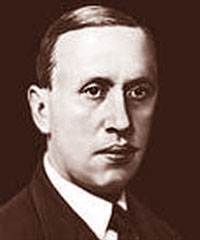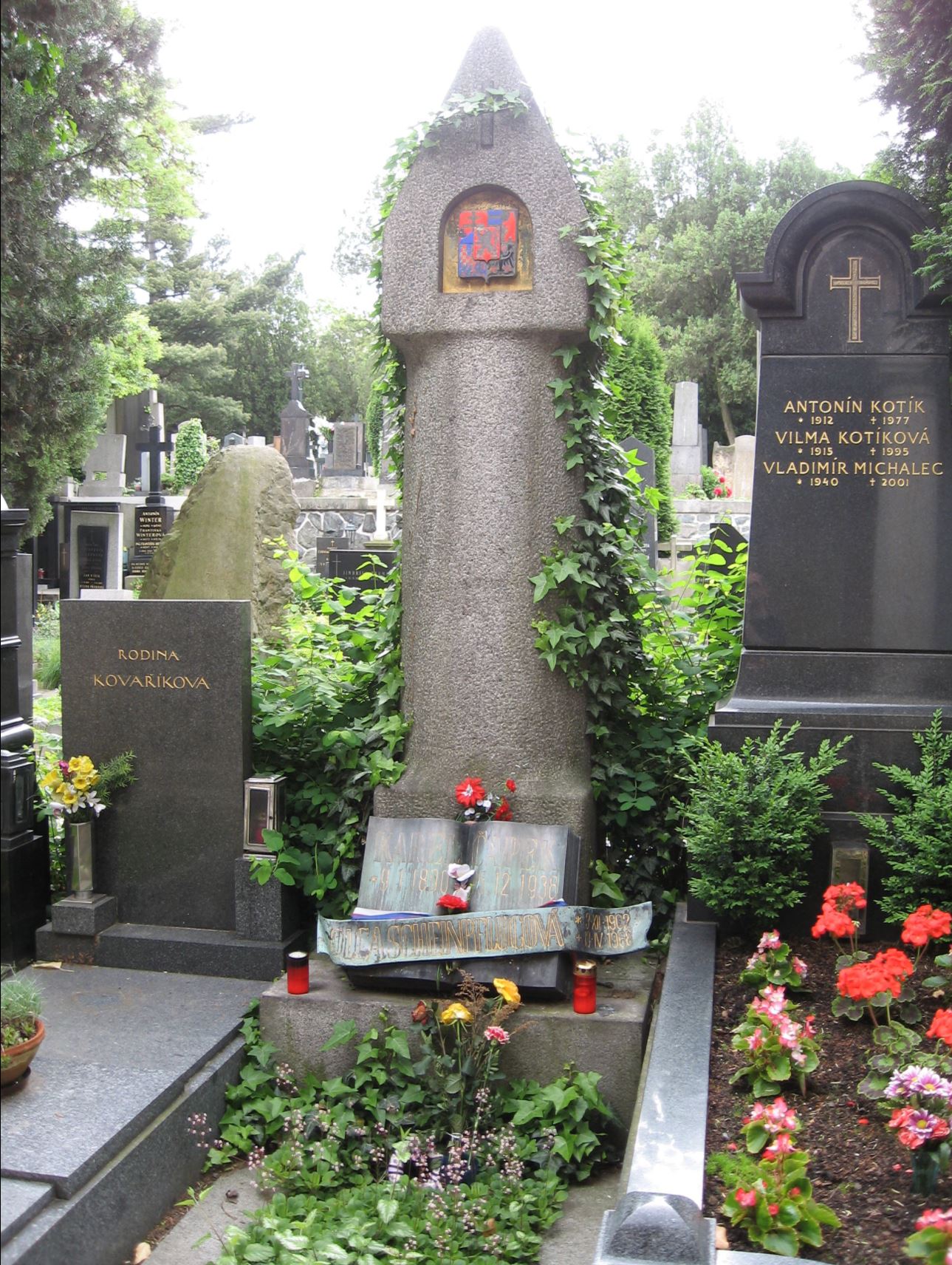Karel Capek (Karel Capek)

The son of a country doctor, Čapek suffered all his life from a spinal disease, and writing seemed a compensation. He studied philosophy in Prague, Berlin, and Paris and in 1917 settled in Prague as a writer and journalist. From 1907 until well into the 1920s, much of his work was written with his brother Josef, a painter, who illustrated several of Karel’s books.
Almost all Čapek’s literary works are inquiries into philosophical ideas. The early short stories—in Zářivé hlubiny (with Josef, 1916; “The Luminous Depths”), Krakonošova zahrada (with Josef, 1918; “The Garden of Krakonoš”), and Trapné povídky (1921; in Money and Other Stories, 1929)—are mainly concerned with man’s efforts to break out of the narrow circle of destiny and grasp ultimate values. Another series of works presents Čapek’s “black utopias,” showing how scientific discoveries and technological progress tempt man into titanic rebellions. Thus, in the play R.U.R.: Rossum’s Universal Robots (published 1920, performed 1921), a scientist discovers the secret of creating humanlike machines that are more precise and reliable than human beings. Years later the machines dominate the human race and threaten it with extinction, though at the last moment it is saved. For this play Čapek invented the word “robot,” deriving it from the Czech word for forced labour.
In another vein, Čapek’s comic fantasy Ze života hmyzu (with Josef, 1921; The Insect Play) satirizes human greed, complacency, and selfishness, emphasizing the relativity of human values and the need to come to terms with life. His faith in democracy made him support his friend Tomáš Garrigue Masaryk and write a biography of him. The quest for justice inspired most of the stories in Povídky z jedné kapsy and Povídky z druhé kapsy (both 1929; published together as Tales from Two Pockets).
The problem of identity and the mystery of people’s underlying motivations are the theme of Čapek’s most mature work, a trilogy of novels that together present three aspects of knowledge. Hordubal (1933) contrasts an inarticulate man’s awareness of the causes of his actions with the world’s incomprehension; Povětroň (1934; Meteor) illustrates the subjective causes of objective judgments; and Obyčejný život (1934; An Ordinary Life) explores the complex layers of personality underlying the “self” an “ordinary” man thinks himself to be.
The growing threat posed by Nazi Germany to Czechoslovakia’s independent existence in the mid-1930s prompted Čapek to write several works intended to warn and mobilize his countrymen. The realistic novel Prvni parta (1937; The First Rescue Party) stressed the need for solidarity. In his last plays the appeal became more direct. Bílá nemoc (1937; Power and Glory) presented the tragedy of the noble pacifist; and Matka (1938; The Mother) vindicated armed resistance to barbaric invasion.
Born
- January, 09, 1890
- Malé Svatoňovice, Austria-Hungary
Died
- December, 25, 1938
- Prague, Czechoslovakia
Cause of Death
- died of pneumonia
Cemetery
- Vyšehrad cemetery
- Prague


